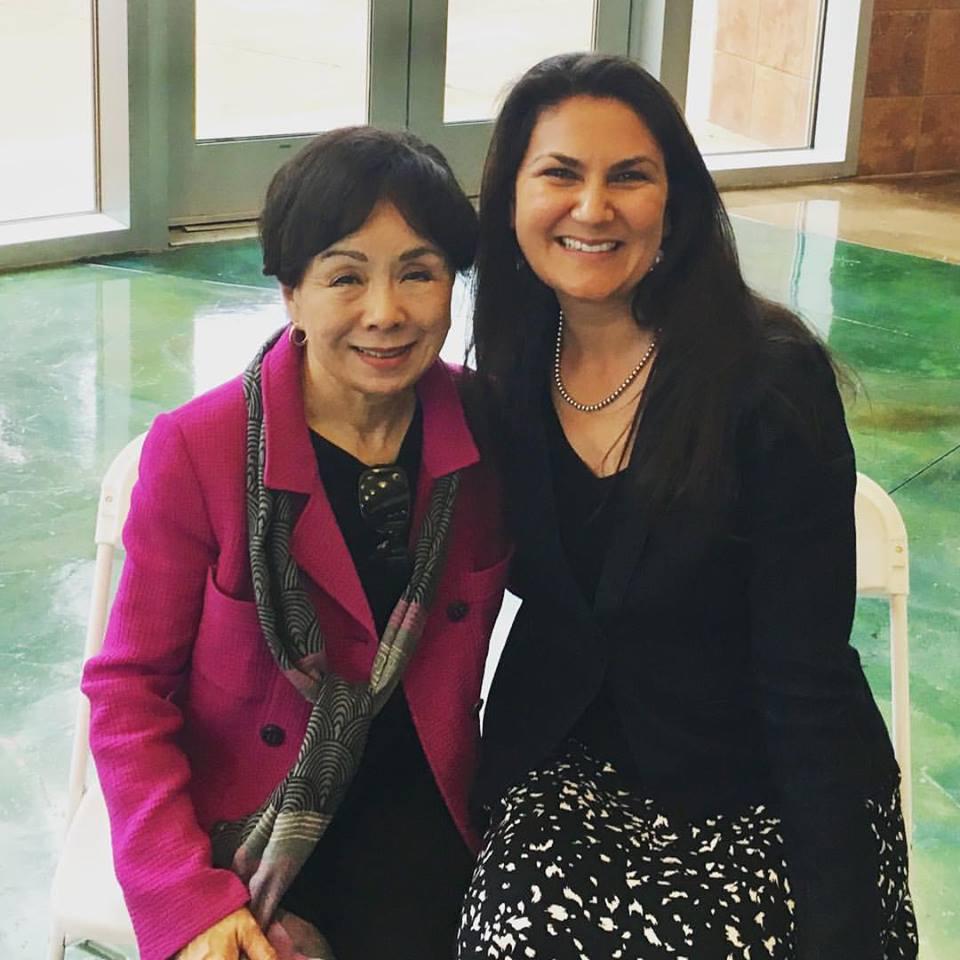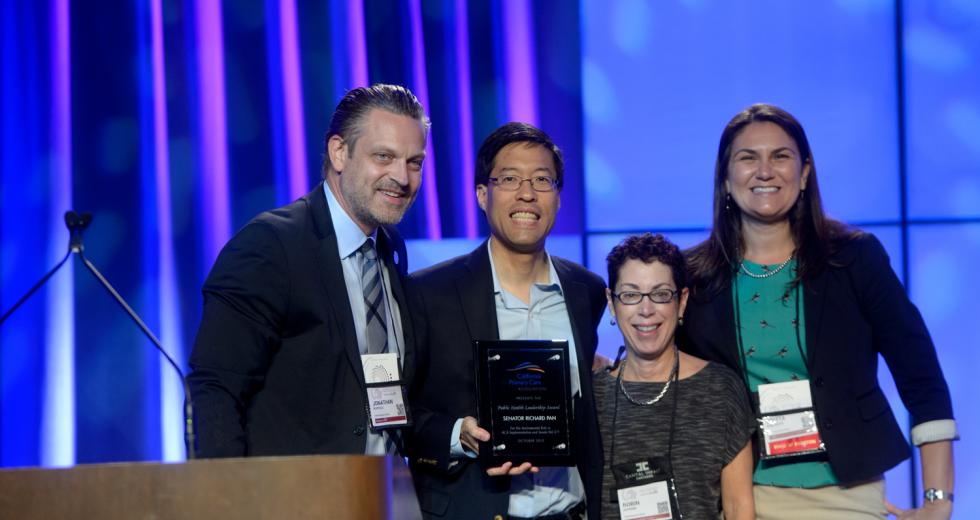On March 23, 2010, President Obama signed the Affordable Care Act. I was on the phone with my dad; we were witnessing history together. Not since President Lyndon B. Johnson signed into law the bill that would eventually become Medicare and Medicaid had we experienced such a monumental healthcare shift.
It was overwhelmingly important to me because of my role as the CEO of the Sacramento Native American Health Center. SNAHC is an urban Indian, nonprofit and federally-qualified health center, located in Midtown Sacramento. We are committed to enhancing quality of life by providing a culturally-competent, holistic and patient-centered continuum of care. There are no tribal or ethnic requirements to receive care here, as we see ourselves as a gift from the Native American community to the Sacramento community at-large.
The day after the bill was signed into law, we hit the ground running. I read the new Affordable Care Act over and over. What would this mean for us? How would we prepare for all of the newly eligible patients? How would we build a system of care to support them? What would come next?
Medi-Cal, California’s version of Medicaid, ballooned from covering 8.6 million people three years ago to 13.4 million now — more than a third of the entire state population. Patients can either buy insurance plans through Covered California, or are able to join Medi-Cal since the law increased the Medi-Cal eligibility to 138 percent of the federal poverty level in 2014. Today, 35 percent of Sacramento’s population is Medi-Cal dependent. This is a big deal.
Congresswoman Doris Matsui and Britta Guerrero, CEO, Sacramento
Native American Health Center.

SNAHC opened its doors in January 2007. Since the Affordable Care Act was authorized in 2010, we have expanded and grown continuously to meet our increasing patient population. Recently we expanded our primary care center to triple its pre-ACA size. We have added specialty care, including optometry, podiatry, chiropractic care, a pediatric residency training program in partnership with UC Davis, Women Infants and Children services and CalFresh enrollment office.
For the first time in my professional career, we are seeing patients who had never received care outside of an emergency room. Many haven’t seen a doctor in more than a decade, let alone made an appointment to establish care with a primary care provider. We have patients arriving with multiple uncontrolled conditions, including hypertension, diabetes and undiagnosed behavioral issues. We designed a system to care for them, and it was scary and wonderful.
When dealing with issues of concentrated poverty, patients require more than just a physical exam and a prescription. Patients are interviewed, at which time barriers to positive health outcomes are identified, such as lack of stable housing, unreliable transportation, language access, food insecurity and Medi-Cal eligibility. Through the identification of these barriers we are able to assist with program eligibility and guide patients toward long-term stability.
At SNAHC, health care is respectful of the whole person: physical, emotional and spiritual. Our approach includes integrated and comprehensive behavioral health and substance abuse services. We now host one of the largest community dental clinics in Northern California and are open to patients six days a week.
In the primary care environment, we have been able to diagnose serious medical conditions, like cancer, that would otherwise have gone undetected until it was too late. Our staff has saved lives, offered life-changing options to patients with substance abuse issues, and addressed medical and dental problems early, before they became major health issues. We have kept dozens of patients each month out of hospital emergency rooms. Is this entirely due to the Affordable Care Act? No, but it has certainly helped.
However, there have been unique challenges. Change is hard, and rapid change can be excruciating. But we increased our workforce significantly and were identified as one of Midtown’s largest employers and fastest-growing companies by the Sacramento Business Journal in 2016. We have since expanded, and developed key partnerships with hospitals and other organizations.
As Congress moves to repeal and replace the health care law, we are in a holding pattern. A full repeal of the ACA — without a replacement that keeps our patients covered — would stop our growth, reduce our ability to provide these necessary services and further strain our resources. It wouldn’t be the first time we’ve had to decrease our scope of practice because of changes to Medi-Cal. In 2009, California lawmakers cut dental and behavioral health services to Medi-Cal beneficiaries, with near catastrophic results. It has taken several years to get our new patients into our new system and they are finally responding.
We have come so far. To turn back now would be absolutely heartbreaking. We will survive, but I can’t help but worry about what will happen to our patients.
This story is part of the 22nd annual Capital Region Cares, Comstock’s special publication dedicated to nonprofits and charitable giving. You can order the 2017-2018 edition online here. To submit your nonprofit success story for consideration in next year’s edition, fill out this online form.



